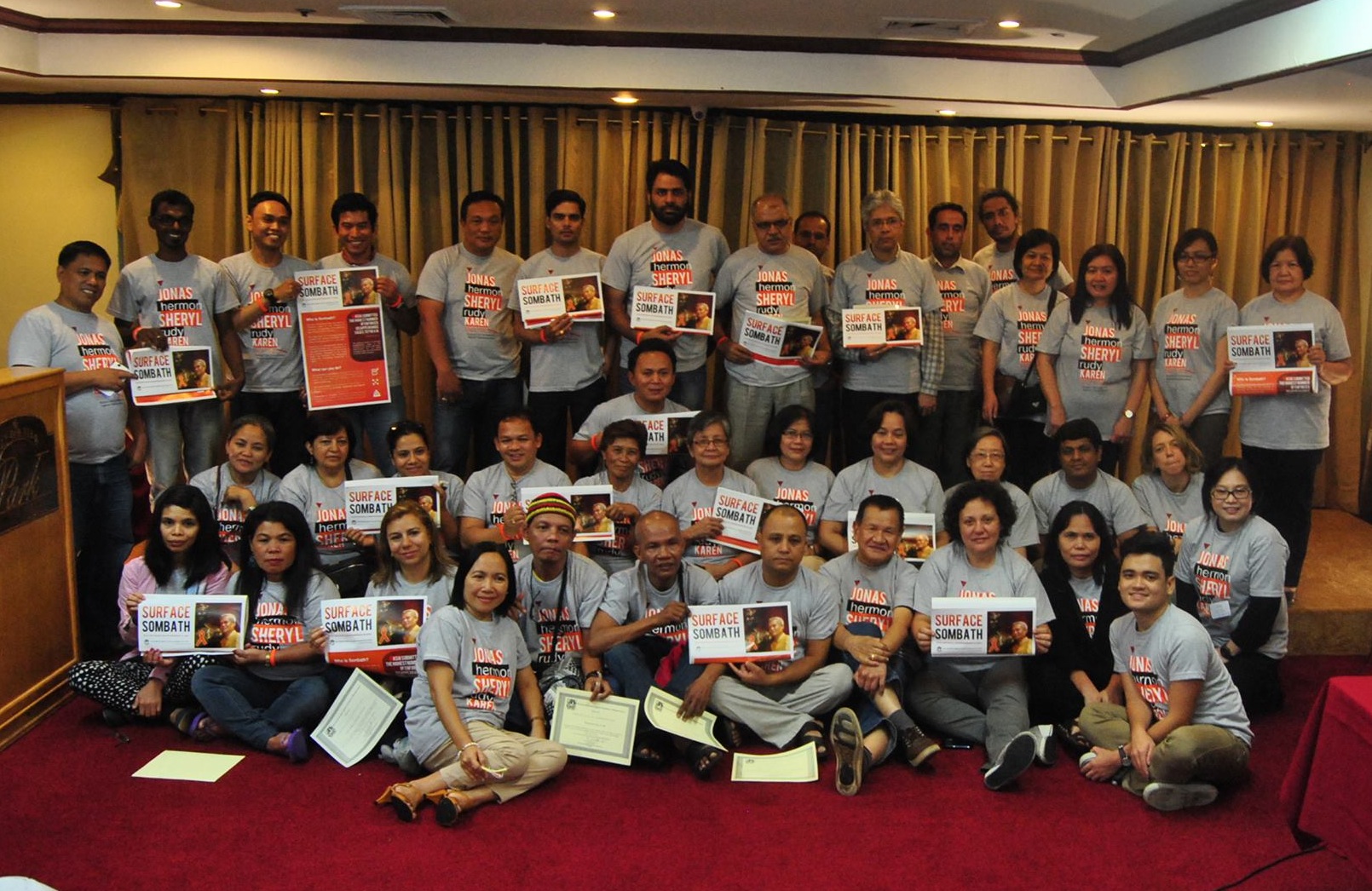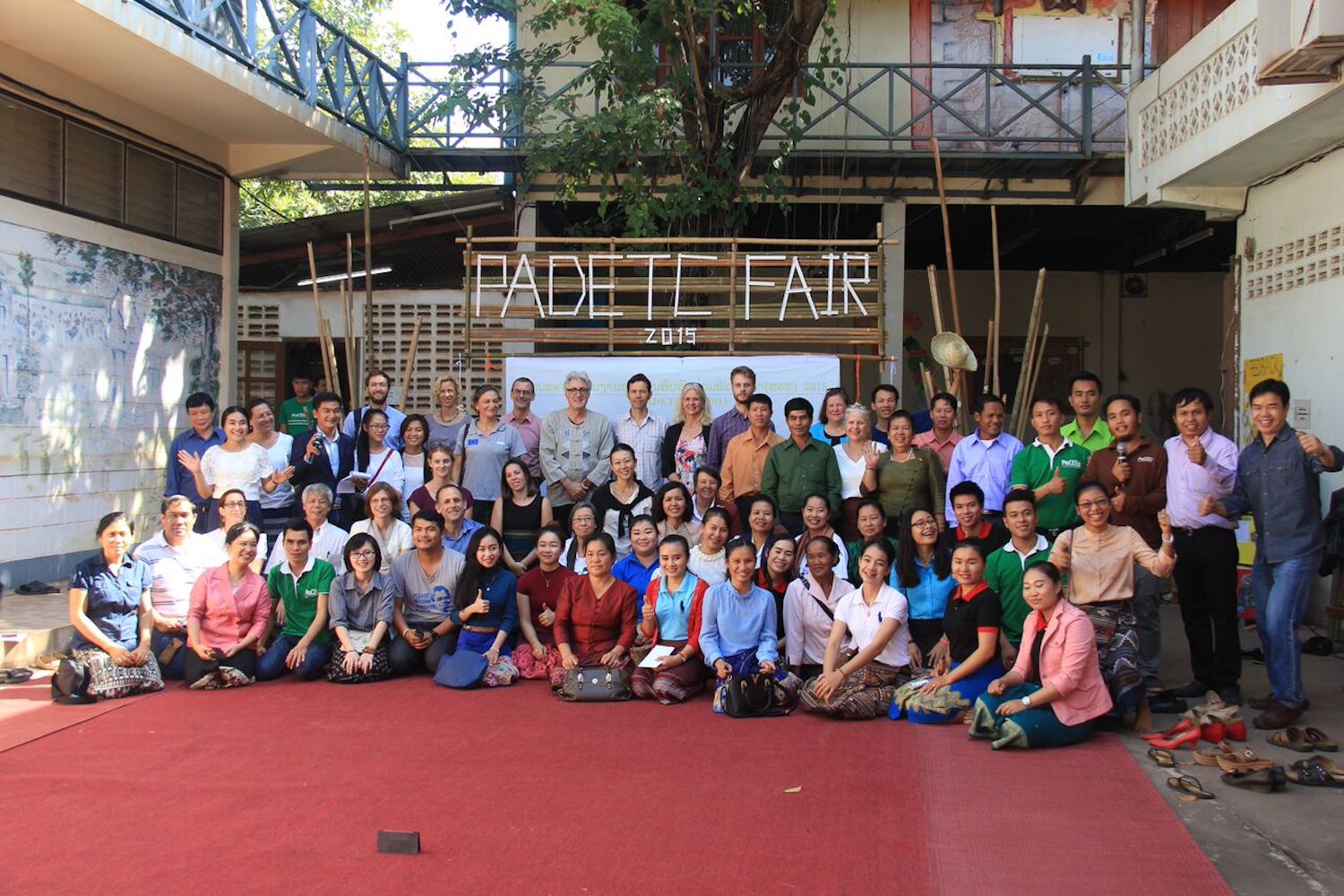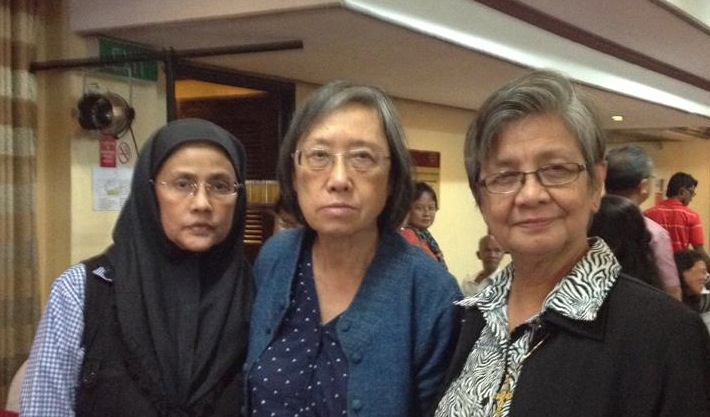Dear Sombath,
 I heard about your enforced disappearance six days before the passing into law of the Philippine Anti-Enforced Disappearance Act of 2012, the first ever anti-enforced disappearance law in Asia. I have worked on the issue of enforced disappearance for a couple of decades. Each case means a life stolen from the disappeared and his or her family. It means that a part of society has been forcibly taken from it, thus tearing apart its very fabric and causing devastating consequences to the disappeared that you are, your loved ones and the society where you belong. When the most-awaited enactment of the then draft anti-disappearance law came after more than 16 years of struggle for it to see the light of day, I had the ambivalent feeling of joy that we finally have this law in the Philippines, but mixed with pain because the list of desaparecidos of the world was lengthened further by your enforced disappearance.
I heard about your enforced disappearance six days before the passing into law of the Philippine Anti-Enforced Disappearance Act of 2012, the first ever anti-enforced disappearance law in Asia. I have worked on the issue of enforced disappearance for a couple of decades. Each case means a life stolen from the disappeared and his or her family. It means that a part of society has been forcibly taken from it, thus tearing apart its very fabric and causing devastating consequences to the disappeared that you are, your loved ones and the society where you belong. When the most-awaited enactment of the then draft anti-disappearance law came after more than 16 years of struggle for it to see the light of day, I had the ambivalent feeling of joy that we finally have this law in the Philippines, but mixed with pain because the list of desaparecidos of the world was lengthened further by your enforced disappearance.
 A few weeks before the 2013 International Day of the Disappeared, I wrote to your wife, Shui Meng about our campaign for your return, which she readily responded with an open heart. We demonstrated in front of the Department of Foreign Affairs of the country that bestowed upon you the prestigious Ramon Magsaysay Award. We conducted a signature campaign and personally gave the signatures to the Lao Embassy in Manila. We wrote statements demanding for your return. We sent messages to the Permanent Missions of Laos to the UN in Geneva and New York. We heard a deafening silence. Continue reading “Dear Sombath…from Mary Aileen Bacalso”
A few weeks before the 2013 International Day of the Disappeared, I wrote to your wife, Shui Meng about our campaign for your return, which she readily responded with an open heart. We demonstrated in front of the Department of Foreign Affairs of the country that bestowed upon you the prestigious Ramon Magsaysay Award. We conducted a signature campaign and personally gave the signatures to the Lao Embassy in Manila. We wrote statements demanding for your return. We sent messages to the Permanent Missions of Laos to the UN in Geneva and New York. We heard a deafening silence. Continue reading “Dear Sombath…from Mary Aileen Bacalso”





